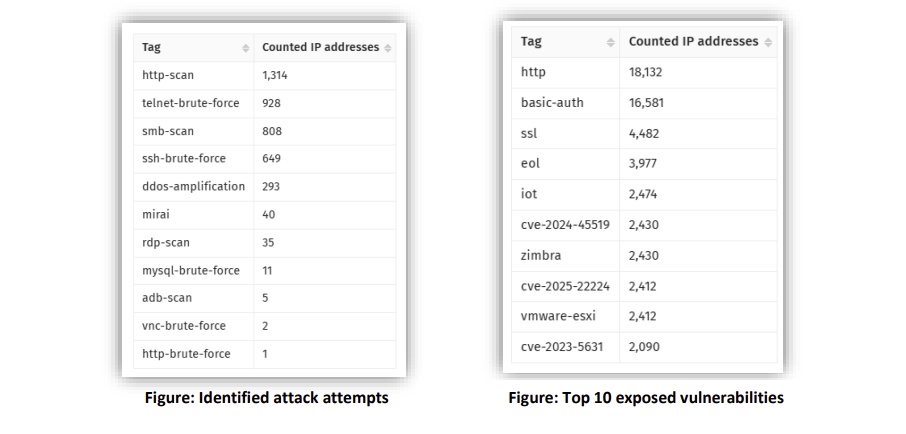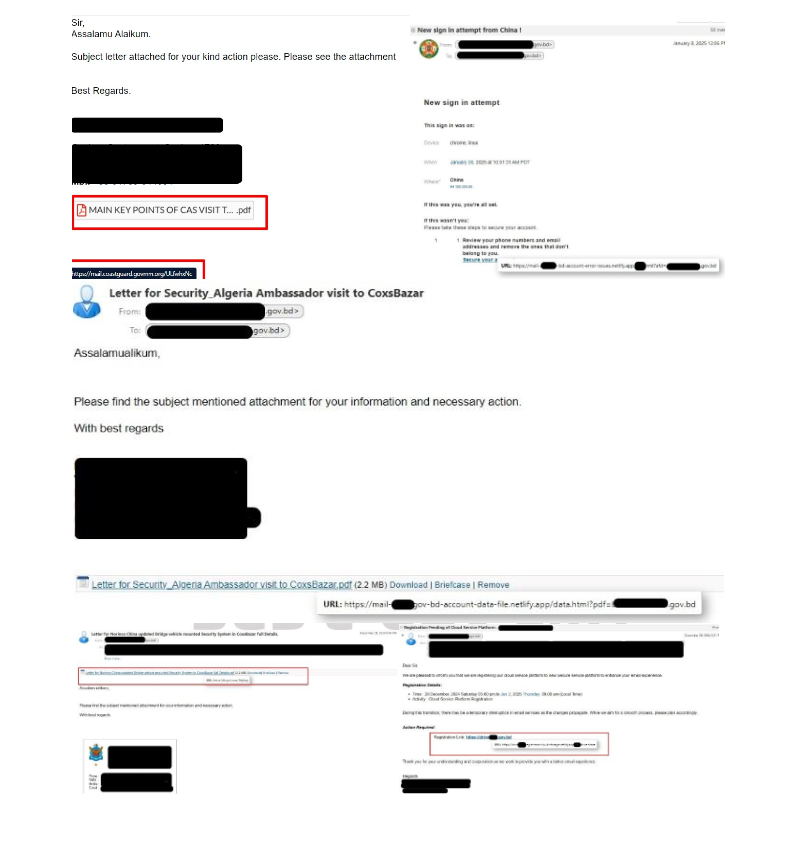Multiple Vulnerabilities in Adobe Acrobat and Adobe Reader Could Allow for Arbitrary Code Execution
by CIRT Team
DESCRIPTION
Multiple vulnerabilities have been discovered in Adobe Acrobat and Adobe Reader, the most severe of which could allow for arbitrary code execution. Adobe Acrobat is a family of software developed by Adobe Inc. to view, create, manipulate, print, and manage files in PDF format. Adobe Reader is the free version within the Adobe Acrobat family of software. Successful exploitation of the most severe of these vulnerabilities could result in arbitrary code execution. Depending on the privileges associated with the user, an attacker could then install programs; view, change, or delete data; or create new accounts with full user rights. If this application has been configured to have fewer user rights on the system, exploitation of the most severe of these vulnerabilities could have less impact than if it was configured with administrative rights.
IMPACT
Multiple vulnerabilities have been discovered in Adobe Acrobat and Adobe Reader, the most severe of which could allow for arbitrary code execution. Details of the vulnerabilities are as follows:
- One disclosure of sensitive data vulnerability that could cause memory to be leaked. (CVE-2020-9697)
- One security bypass vulnerability that could allow an attacker to escalate privileges on an already compromised system (CVE-2020-9714)
- Two out-of-bounds write vulnerabilities that could lead to arbitrary code execution. (CVE-2020-9693, CVE-2020-9694)
- Two security bypass vulnerabilities that could lead to bypassing application security features. (CVE-2020-9696, CVE-2020-9703)
- Two stack exhaustion vulnerabilities that could cause application denial-of-service. (CVE-2020-9702, CVE-2020-9703)
- Eleven out-of-bounds read vulnerabilities that could cause information disclosure. (CVE-2020-9723, CVE-2020-9705, CVE-2020-9706, CVE-2020-9707, CVE-2020-9710, CVE-2020-9716, CVE-2020-9717, CVE-2020-9718, CVE-2020-9719, CVE-2020-9720, CVE-2020-9721)
- Five buffer error vulnerabilities that could lead to arbitrary code execution. (CVE-2020-9698, CVE-2020-9699, CVE-2020-9700, CVE-2020-9701, CVE-2020-9704)
- One user-after-free vulnerability that could lead to arbitrary code execution. (CVE-2020-9715, CVE-2020-9722)
Successful exploitation of the most severe of these vulnerabilities could result in arbitrary code execution. Depending on the privileges associated with the user, an attacker could then install programs; view, change, or delete data; or create new accounts with full user rights. If this application has been configured to have fewer user rights on the system, exploitation of the most severe of these vulnerabilities could have less impact than if it was configured with administrative rights.
SYSTEM AFFECTED
- Acrobat DC prior to version 2020.012.20041
- Acrobat Reader DC prior to version 2020.012.20041
- Acrobat 2020 prior to version 2020.001.30005
- Acrobat Reader prior to version 2020.001.30005
- Acrobat 2017 prior to version 2017.011.30175
- Acrobat Reader prior to version 2017.011.30175
- Acrobat 2015 prior to version 2015.006.30527
- Acrobat Reader 2015 prior to version 2015.006.30527
RECOMMENDATIONS
Following actions are recommended to be taken:
- Install the updates provided by Adobe immediately after appropriate testing.
- Run all software as a non-privileged user (one without administrative privileges) to diminish the effects of a successful attack.
- Remind users not to visit websites or follow links provided by unknown or untrusted sources.
- Inform and educate users regarding the threats posed by hypertext links contained in emails or attachments especially from un-trusted sources.
- Apply the Principle of Least Privilege to all systems and services
REFERENCES
https://helpx.adobe.com/security/products/acrobat/apsb20-48.html











